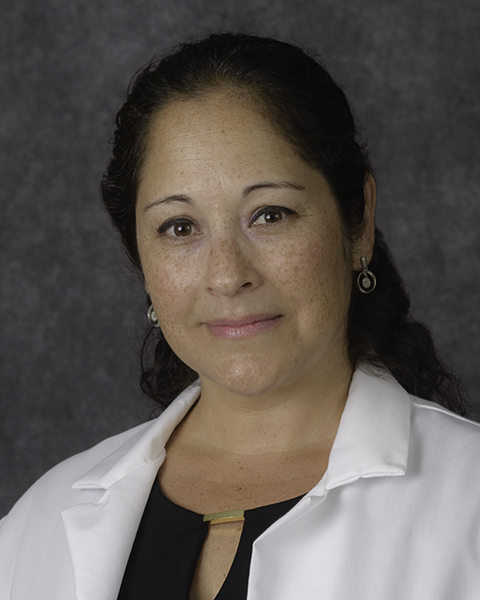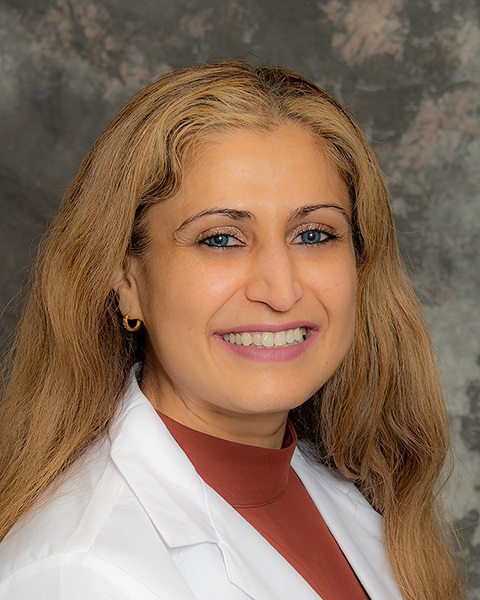
Simple Tests Can Help Keep Women Healthy
Women's Preventive Care and Screenings
Women are busy. They have jobs, they take care of kids and aging parents. They make sure that everyone is well-fed, happy, and healthy. But sometimes they forget to take time to take care of themselves too. In addition to diet, exercise, and keeping stress in check, women need to make preventive care and screenings a priority. Simple tests like Pap smears, mammograms, and bone density screenings are essential to protecting your good health—so that you can be there long into the future for your family.
What Preventive Screenings Do Women Need?
Women should be seeing their primary care or family medicine provider or gynecologist on a regular basis. Annual physical exams can set a baseline for factors like your weight, blood pressure, cholesterol, and your overall physical and mental health. Women also need to commit to regular preventive screenings for cancers of the breast, cervix, and colon as well as their bone density. Here’s what you need to know about each of these:
Pap smear: Routine Pap testing, starting at age 21 or when you become sexually active, is the best means of detecting cervical cancer at an early stage. Your gynecologist will gather a sample of cervical cells to send to a lab to look for abnormalities that may be signs of cancer. Women in their 20s should have a Pap test every three years; women 30 to 65 should have the test every five years—more frequently if their results are abnormal.
HPV test: Women under age 30 don’t need to be tested for HPV unless their Pap smear results are abnormal. After age 30, experts recommend co-testing, which means that your Pap smear and HPV test can be done with the same cell samples, requiring just one swab.
Bone Density (DEXA) scan: DEXA stands for dual energy X-ray absorptiometry, and it’s a simple scan that is used to measure bone density. Decreasing bone density, which often happens with age—especially in women, can be a sign of osteoporosis. The National Osteoporosis Foundation recommends that women age 65 have a baseline test. Consider earlier screenings if you break a bone after age 50 or are postmenopausal with risk factors for osteoporosis. Work with your physician to determine the right follow-up frequency for you.
What Screenings Do I Need to Detect Breast Cancer?
There are several key preventive screenings to check for breast cancer. During your annual physical exam, your doctor should conduct a manual clinical breast exam where they will feel for palpable lumps, divots, or abnormalities. Although this exam does not find all types of breast cancer, it is a good first line of defense.
Mammography uses X-ray technology to check for tumors and other signs of breast cancer. Penn Highlands offers 3-D mammograms for enhanced image clarity. Most experts agree women should have a baseline mammogram at age 45.
If a clinical breast exam or mammogram finds a suspicious mass, your physician many recommend follow-up testing including breast ultrasound or stereotactic breast biopsy.
See our Breast Health page for additional information about these tests and screening recommendations.

Gynecology
Penn Highlands Gynecology - Greensburg
Penn Highlands Gynecology - Connellsville


Internal Medicine
Penn Highlands Internal Medicine - St. Marys
A Service of Penn Highlands DuBois


